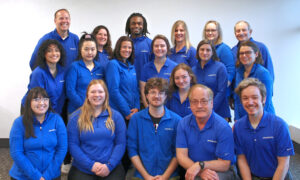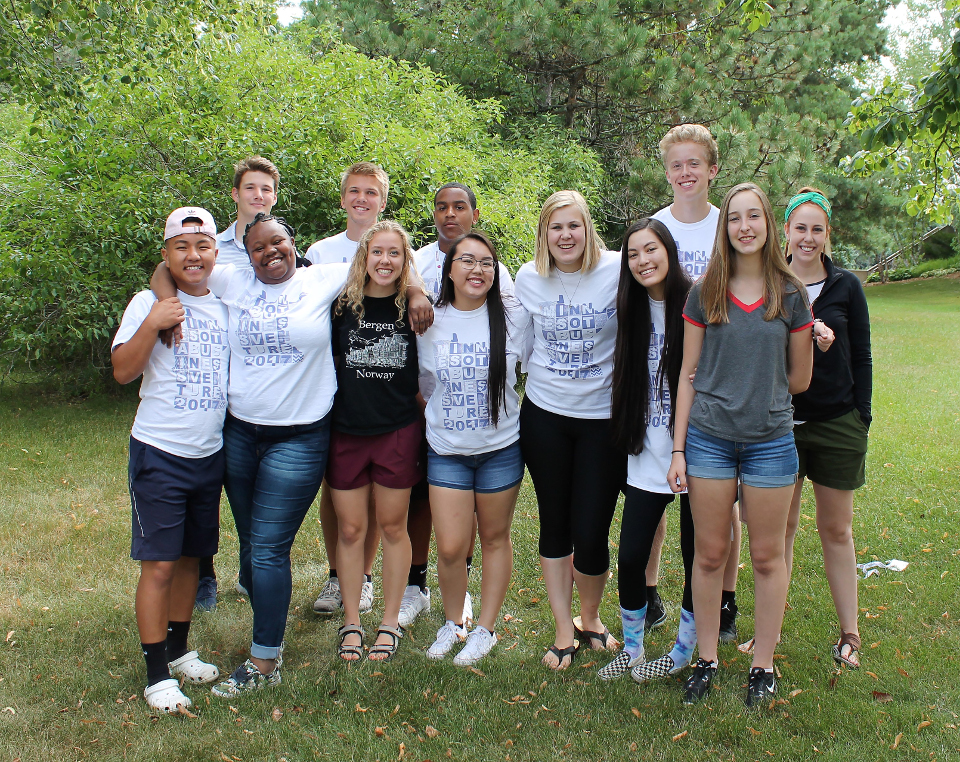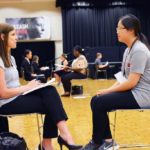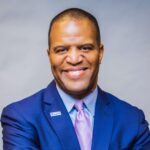Thank you for volunteering with eMentors! With your help, we are able to reach around 4,000 students across Minnesota each year. Throughout the program, you will be having conversations with your mentee to discuss topics including future career opportunities, how to network with others within a professional setting, and how to improve written communication skills.
Keep reading for resources, videos, a cultural humility training, and more
The Mentor Guide is a written version of the video training that all mentors are expected to watch before connecting with their student. If you’d rather read the information instead of watch it, consider checking out the Mentor Guide which covers program objectives along with the rules, guidelines, and boundaries of the program. Learn more about how it all works and what the next steps are to prepare for your mentoring experience.
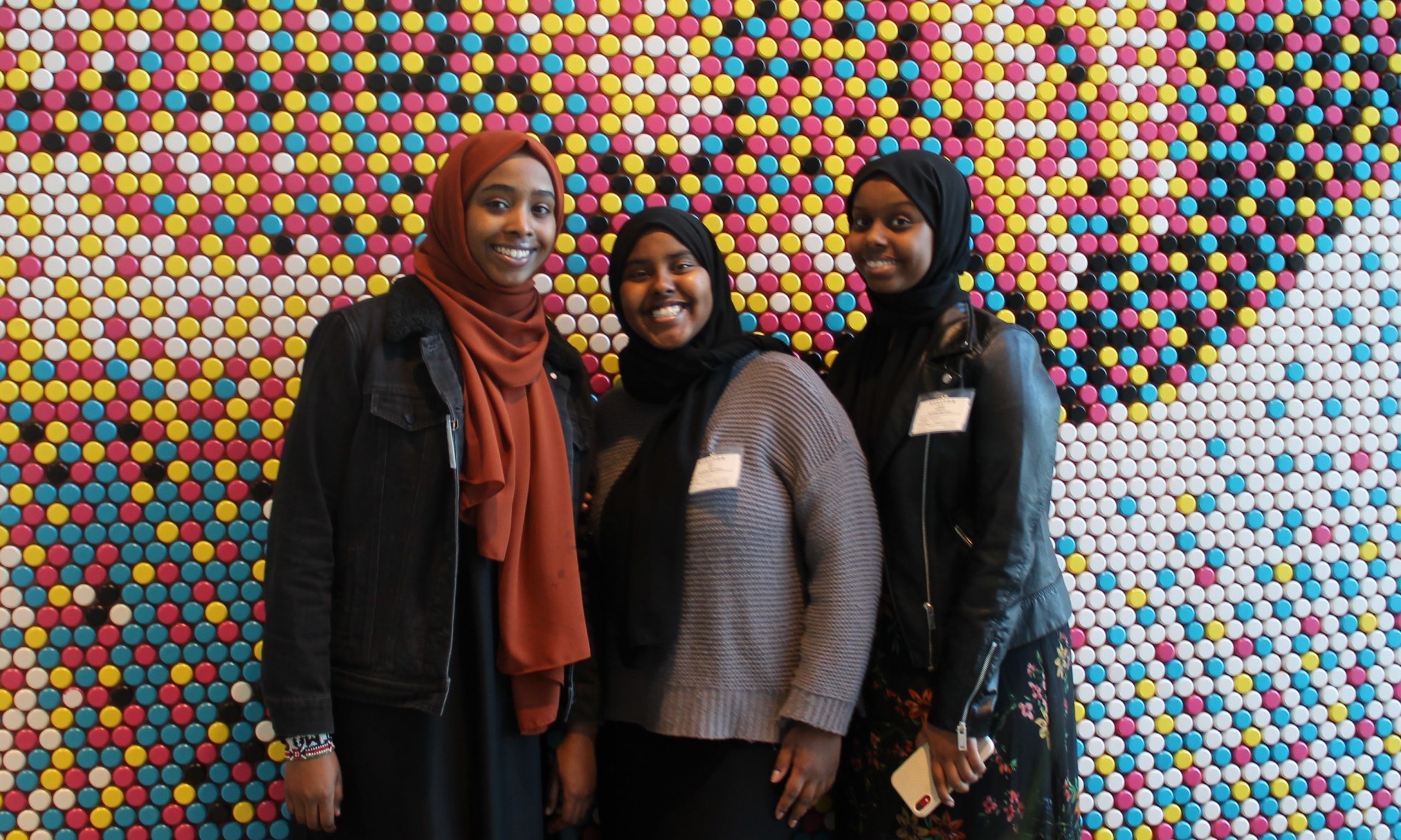
Have a question that wasn’t answered by the training video or mentor guide? Check out the Frequently Asked Questions which may help answer your question. We know that every connection with a student is different, and we may not have answered your question here. If you still haven’t gotten the answer you’re looking for, connect with your BestPrep Staff Coordinator who is ready to help with any questions or concerns you may have.
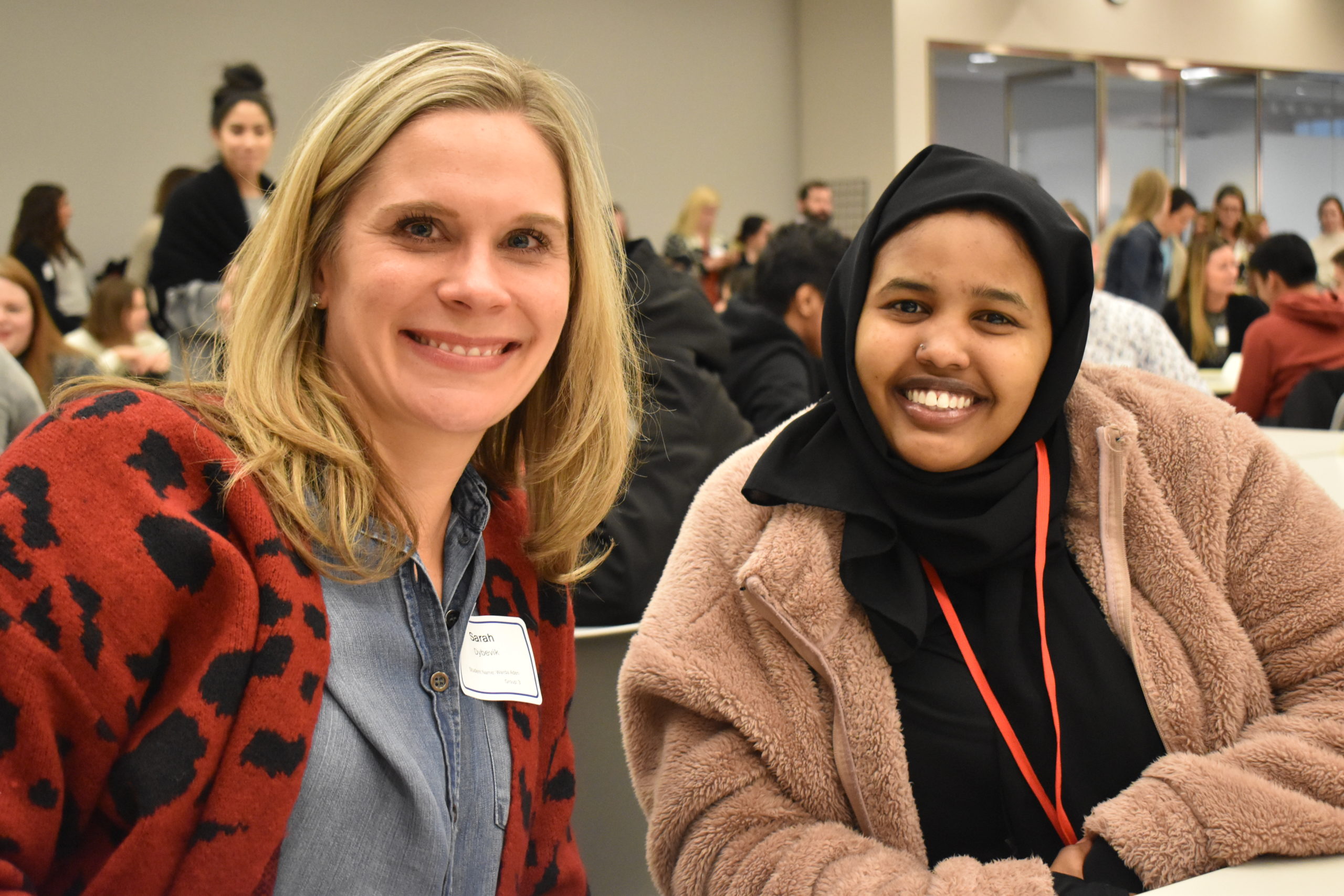
Working with English Language Learners
Engaging Less Engaged Student
Communication and Connection
What to expect as an eMentor
Meet and Greets
First Time eMentor Tips
Time Commitment
How to be a Good Tour Guide
Communication Tips
First Time Tips
MENTOR Minnesota is a nonprofit that provides support and resources to Minnesota youth mentoring programs. Visit their website for additional information and live trainings on mentoring best practices and how to be the best mentor for your student.
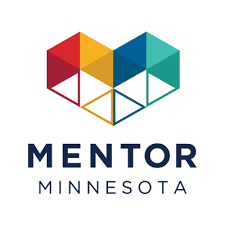
Additional Resources
Videos
“The danger of a single story,” Chimamanda Ngozi Adichie
“Getting Relationships Right,” Kent Pekel
MENTOR: Black Youth Town Hall
“I’m Mexican. Does that change your assumptions about me?”, Vanessa Vancour
“Rethinking thinking,” Trevor Maber
“My identity is a superpower – not an obstacle,” America Ferrera
“Critical Mentoring – Because Young People Deserve the Best of Us,” Torie Weiston-Serdan
Articles
- Recommendations and Resources for Supporting Students Before, During, and After the Chauvin Trial
- Resources to Help Educators, Adults Respond to Racism, Violence, and Trauma
- Resources for Talking about Race, Racism, and Racialized Violence with Kids
- How to Talk About Traumatic Events and Tragedies
- The Developmental Relationships Framework
- Recognizing Microaggressions and the Messages They Send
- Examining Personal Power and Privilege Worksheet
- Communications Skills
- Working with Gen Z
Books
- Just Mercy by Bryan Stevenson
- The New Jim Crow: Mass Incarceration in the Age of Colorblindness by Michelle Alexander
- The Hate U Give by Angie Thomas
- White Fragility: Why It’s So Hard for White People to Talk About Racism by Robin DiAngelo
- Black Feminist Thought by Patricia Hill Collins
- Between the World and Me by Ta-Nehisi Coates
- Black Like Me by John Howard Griffin
- A People’s History of the United States by Howard Zinn
- Me and White Supremacy by Layla F. Saad
- Why Are All the Black Kids Sitting Together in the Cafeteria? And Other Conversations About Race by Beverley Daniel Tatum





